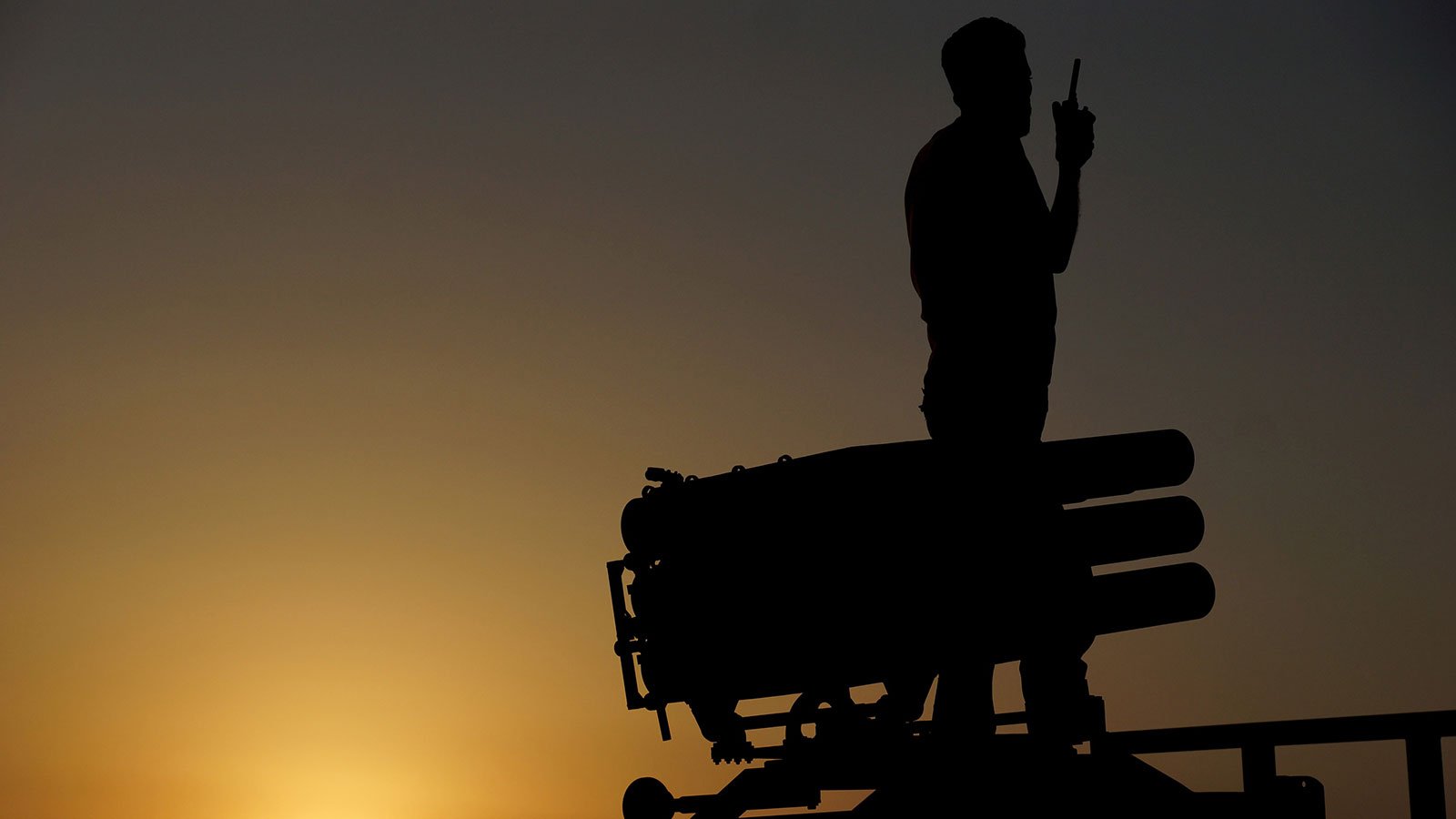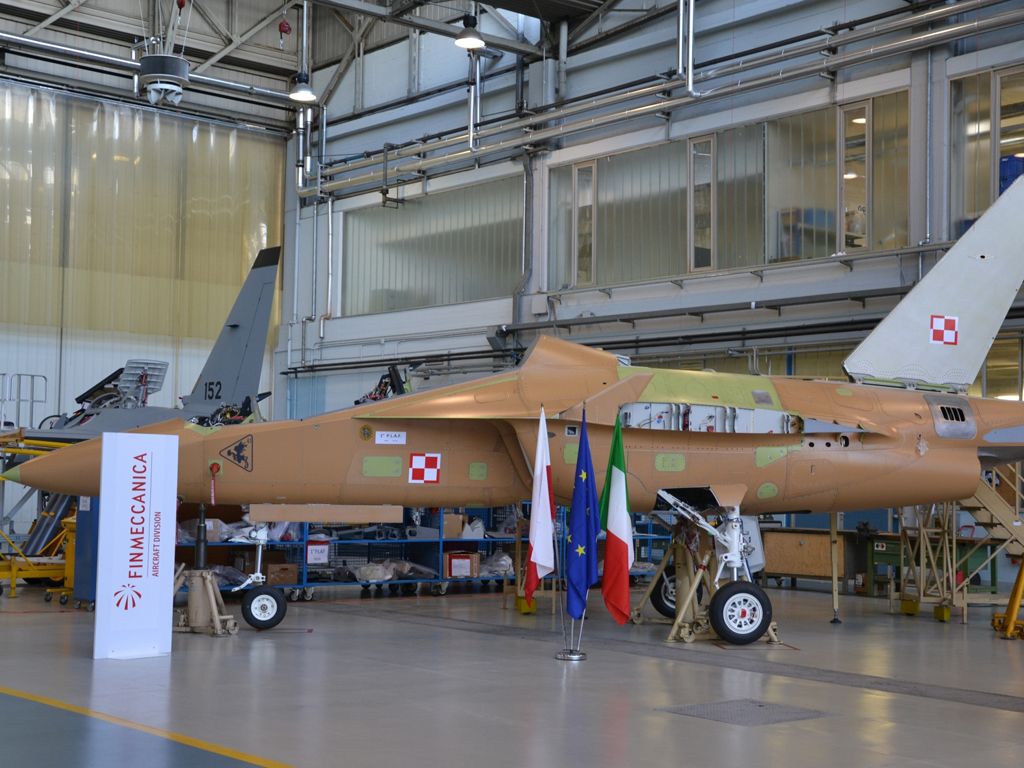Intense Russian air strikes battered rebel bastions across Syria on Friday, a monitor said, just hours before a midnight deadline for a landmark ceasefire in the country’s five-year civil war.
With the ceasefire due to take effect at 2200 GMT on Friday, US President Barack Obama has warned Damascus and key ally Moscow that the “world will be watching”.
Both President Bashar al-Assad’s regime and the main opposition body have agreed to the deal — which allows fighting to continue against the Islamic State (IS) group and other jihadists.
The agreement brokered by Russia and the United States marks the biggest diplomatic push yet to help end Syria’s violence, but has been plagued by doubts after the failure of previous peace efforts.
Members of the 17-nation group backing the process are to meet in Geneva on Friday to work out further details of the so-called “cessation of hostilities”, which is then expected to be endorsed by the UN Security Council, diplomats said.
The Syrian Observatory for Human Rights, a Britain-based monitor, said Russia and the regime had launched a wave of attacks on non-jihadist rebel areas ahead of the deadline.
“It’s more intense than usual. It’s as if they want to subdue rebels in these regions or score points before the ceasefire,” Observatory head Rami Abdel Rahman said.
Russia launched air strikes in Syria last September saying it was targeting “terrorists” but critics have accused Moscow of hitting rebel forces in support of Assad, a longtime ally.
Complex battlefields
The Observatory said there had been Russian strikes overnight on rebel bastions including the Eastern Ghouta region outside Damascus, the north of Homs province and the west of Aleppo province.
There was also intense regime shelling of the rebel-held city of Douma in Eastern Ghouta, he said.
The Kremlin dismissed reports of attacks on non-jihadist rebels.
“The Russian air force is certainly continuing its operation in Syria” but against “terrorist organizations,” Kremlin spokesman Dmitry Peskov said.
The intensified attacks prompted Turkey, a key supporter of opposition forces, to express worries over the viability of the ceasefire.
“We are seriously concerned over the future of the ceasefire because of the continuing Russian air raids and ground attacks by forces of Assad,” presidential spokesman Ibrahim Kalin told reporters in Ankara.
The complexity of Syria’s battlefields — where moderate and Islamist rebel forces often fight alongside jihadist groups like the Al-Qaeda affiliated Al-Nusra Front — has raised serious doubts about the feasibility of a ceasefire.
Diplomats are reported to be working to define areas that will fall under the partial truce and to set up monitoring mechanisms.
The UN’s Syria envoy has said he hopes the agreement will lead to a resumption of peace talks which collapsed earlier this month in Geneva.
Russia and the United States are on opposing sides of the conflict, with Moscow backing Assad and Washington supporting the opposition, but the two powers have been making a concerted push for the ceasefire to be respected.
Russian President Vladimir Putin has promised to do “whatever is necessary” to ensure the ceasefire is implemented. Iran, another key Assad ally, has said it is confident the regime will respect the agreement.
Huddling with his national security advisers in Washington on Thursday, Obama put the onus for upholding the ceasefire firmly on the regime and Russia.
Doubts, pessimism
He said he was not “under any illusions” about possible pitfalls, but that the ceasefire could help bring about an end to the war.
“A lot of that is going to depend on whether the Syrian regime, Russia, and their allies live up to their commitments,” Obama said.
“The coming days will be critical, and the world will be watching.”
Obama also said the US-coalition that launched air strikes against IS in Syria and Iraq in 2014 was making progress, citing territorial gains.
“More people are realizing that ISIL is not a caliphate, it’s a crime ring,” he said, using an alternative acronym for the group.
US Secretary of State John Kerry has been a major booster of the ceasefire but others in Washington have been less optimistic about the chances of ending a conflict that has left more than 270,000 dead and forced millions from their homes.











